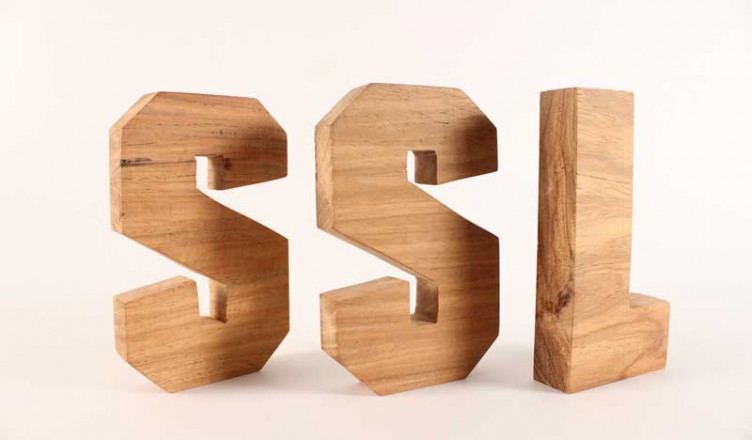If you plan to accept online payment, you will need some way of assuring your customers that the transaction is secure. This is done by obtaining SSL security. SSL stands for secure socket layer, and it is an encryption protocol that makes it difficult for third parties to access information that is sent over the Internet. Most Internet shoppers want to know that their credit card information is not going to be stolen, and your SSL certificate lets them know that it is safe.
Security level and SSL certificates
There are three different types of SSL certificates available (with varying degrees of security) when one is transferring information online:
1. Standard SSL Certificate. This certificate is fairly limited, providing protection to only one domain name. If you have more than one domain, or a sub-domain, this certificate is not going to cut it, since you would have to obtain an SSL certificate for each. However, this is very commonly used, and just about all of the browsers recognize the standard SSL certificate.
2. SGC SSL Certificate. There is an added layer of security – on top of what is provided in the standard SSL certificate – when you go with an SGC certificate. You end up with 128 or 256 bit encryption, rather than the standard 40 bit encryption. Having more bits means that there is a longer key, and therefore more difficult for third parties to break through.
3. EV SSL Certificate. This certificate offers a very high level of security. It requires identity assurance, and explicitly states that your identity as a reputable and viable business has been independently verified.
As you might guess, as you progress in security, you also progress in price. A standard SSL certificate may cost around $70 – $100. However, if you get an EV SSL certificate, you may find yourself paying thousands of dollars. Indeed, depending on the level of security that you want, you will have to pay more.
Another type of SSL certificate is the wildcard SSL certificate. This is a certificate that allows sub-domains to be registered as well. Again, the cost depends on the level of security you are looking for, as well as the limit you want on sub-domains.
Getting an SSL certificate
The main choice that you are likely to have to make with regard to the SSL certificate for your business Web site is whether to buy your own, or whether to use the certificate that your host owns. Many ecommerce Web hosts offer packages that allow you to be added to their SSL certificate for smaller costs (usually around $40 to $50). This can be a way to save money if you are concerned about the cost of an SSL certificate. It is important to note, however, that your business name will not appear on such certificates. Also, if the certificate of your Web host lapses, then you lose the SSL certificate as well.
You can go to different Web sites that provide SSL certificates, such as VeriSign and eTrust. These are among the most popular and recognized of SSL certificate providers, and can offer you a certain degree of viability when you use them. There are other providers as well, but you should double check to make sure you are dealing with a reputable SSL provider before signing up.





